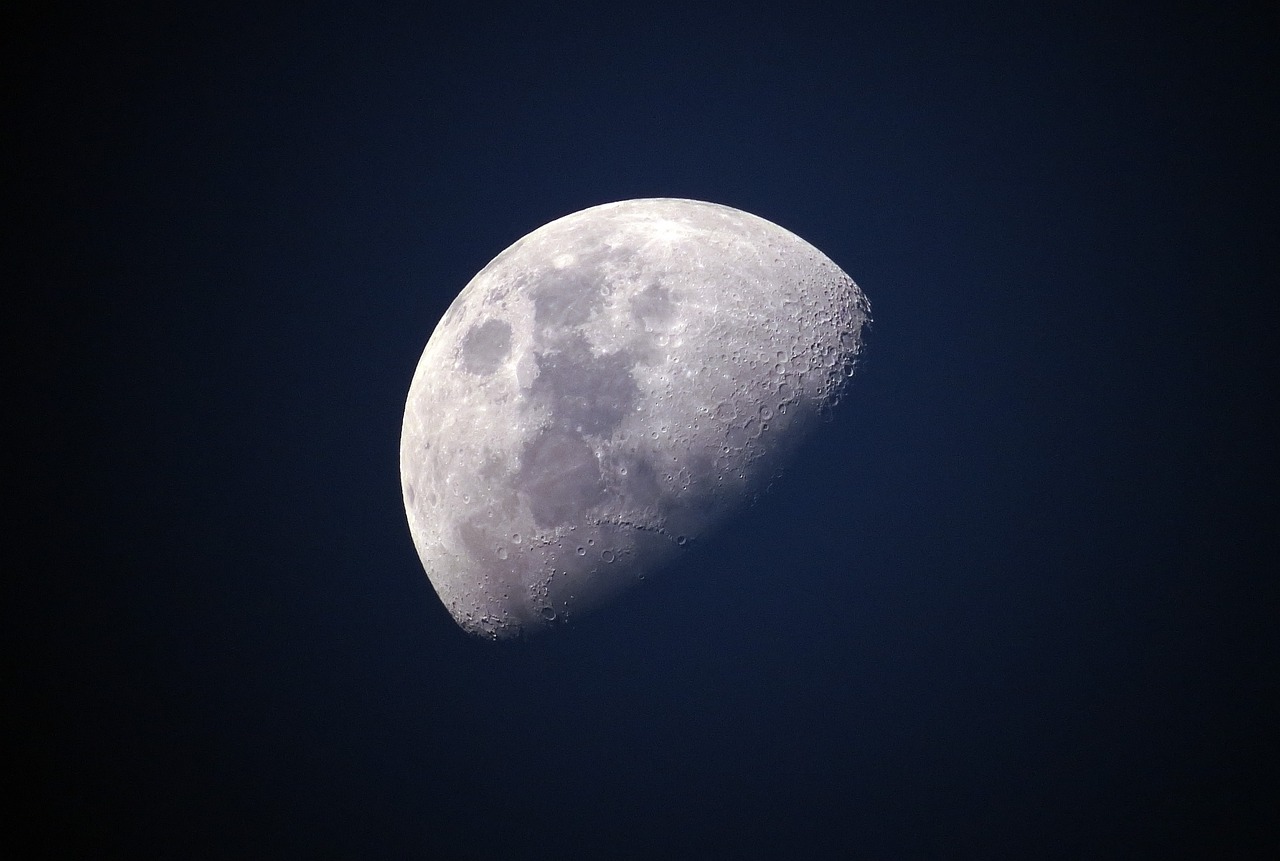Astrobotic To Send Physical Dogecoin To the Moon in 2024

Dogecoin has announced plans to send a physical Dogecoin to the Moon next year in collaboration with space robotics firm Astrobotic Technology.
In an X post published on Thursday, Dogecoin revealed that Astrobotic plans to transport a physical Dogecoin to the moon using the DHL Moonbox aboard United Launch Alliance’s Vulcan Centaur Rocket on December 23.
The venture began in 2015 and was funded by the Dogecoin community, according to the announcement.
“This mission embodies collective effort!” Dogecoin said in its post.
Astrobotic’s upcoming Peregrine Mission One (PM1) is set to transport 21 payloads, comprising cargo from various entities such as governments, companies, universities, and NASA’s Commercial Lunar Payload Services (CLPS) initiative.
As part of PM1, the rocket will also carry a physical Bitcoin token sponsored by crypto exchange BitMEX, as well as a replica of the Genesis Block commissioned by Bitcoin Magazine, representing the first block of Bitcoin ever mined.
The announcement contributed to a sudden rise in Dogecoin price. As of writing, the Dogecoin price was at $0.08032 with a large jump of over 6% in the last 24 hours, according to CoinMarketCap.
Momentum for the initiative picked up following Astrobotic’s X post in May 2021, where they disclosed the discovery of a Dogecoin submitted in 2015 during the integration of Moonboxes with the Peregrine lunar lander.
“Dogecoin is going to the ACTUAL Moon,” Astrobotic’s post read.
This isn’t crypto’s first foray into space. The concept of sending a physical Dogecoin to space was initially conceived by Elon Musk, driven by his fascination with DOGE coins. The DOGE-1 mission, which originated in 2021, is still pending and has yet to commence.
SpaceX, serving as the launch provider for Intuitive Machines, has faced multiple delays with the Nova-C mission. These delays have prolonged the awaited departure of DOGE-1.
In 2017, blockchain company Blockstream employed leased satellites to broadcast the Bitcoin Blockchain globally. In 2021, aerospace company SpaceChain deployed nodes in orbit and launched a multisig Ethereum payload aboard a SpaceX rocket. The company plans to install these payloads on the International Space Station.




